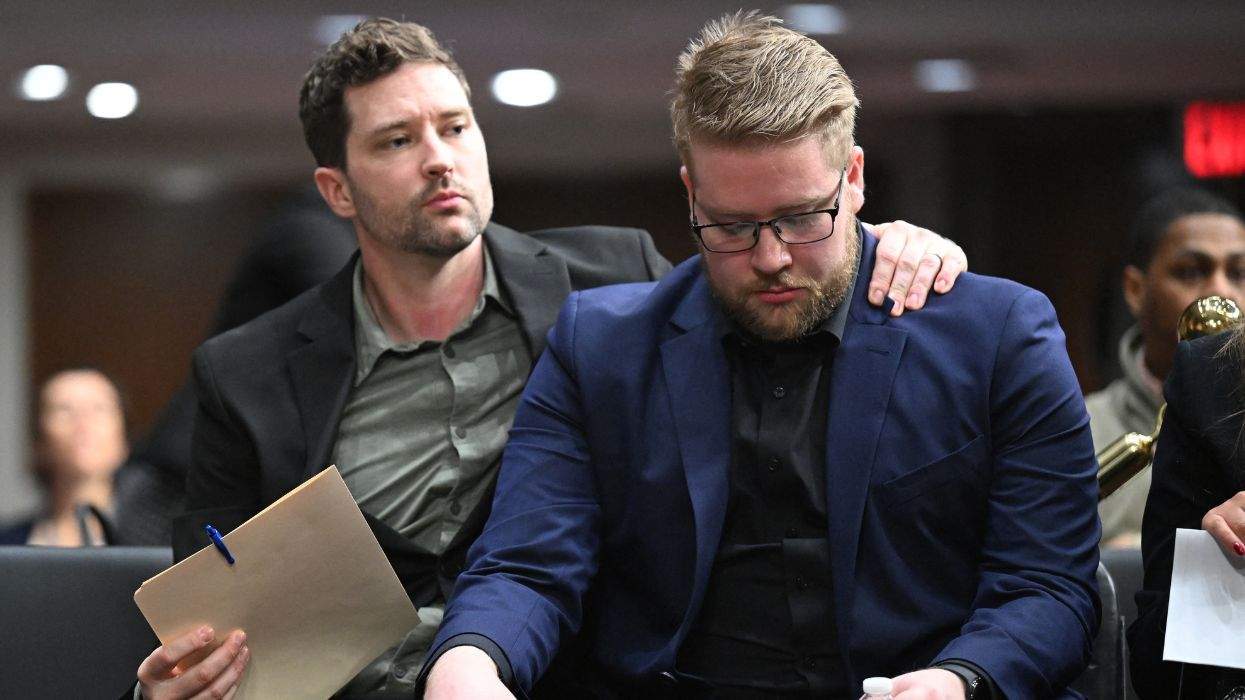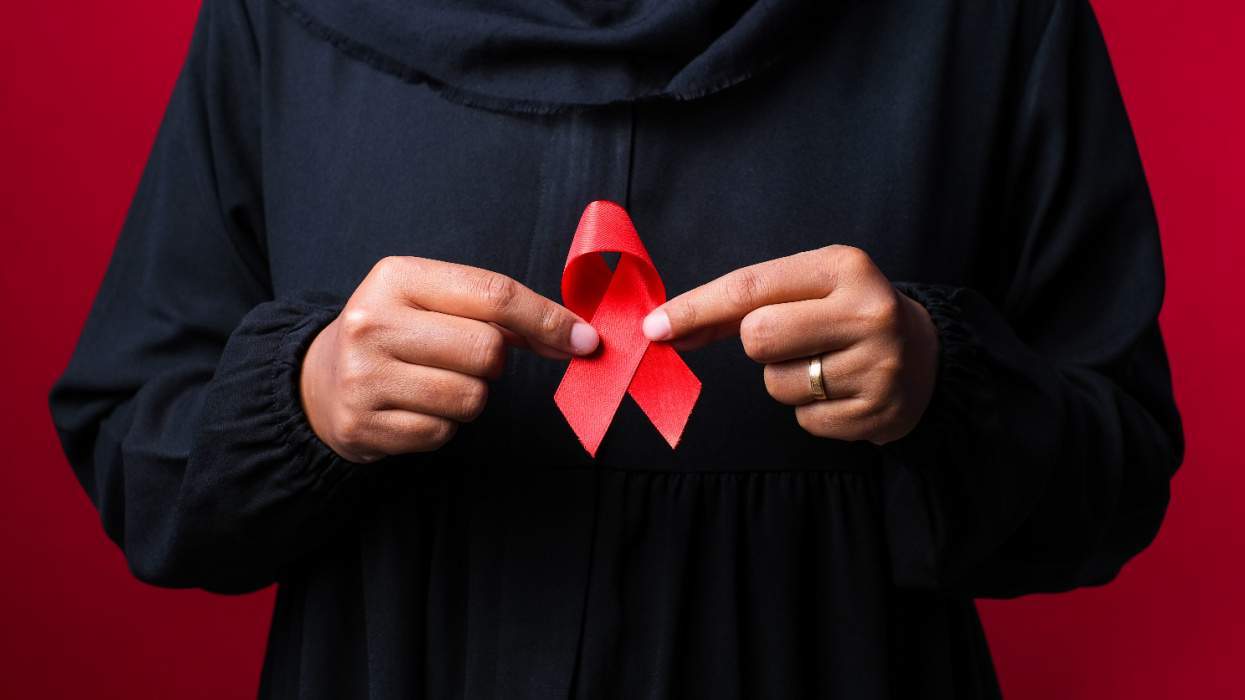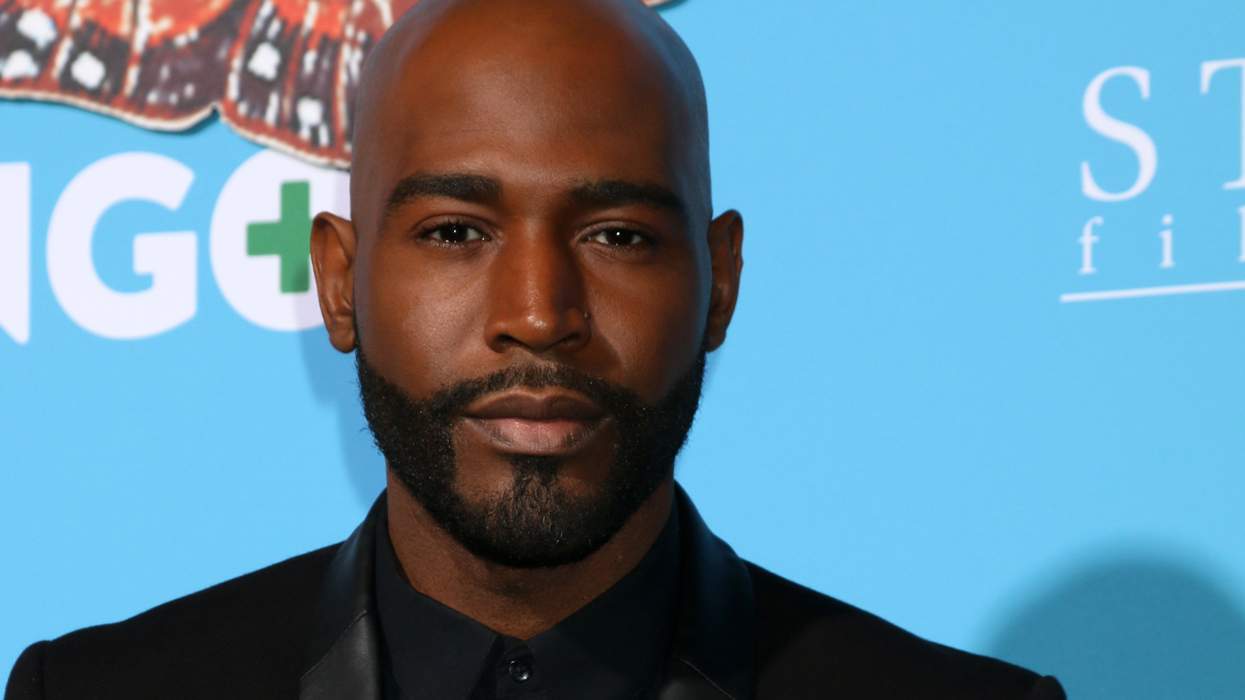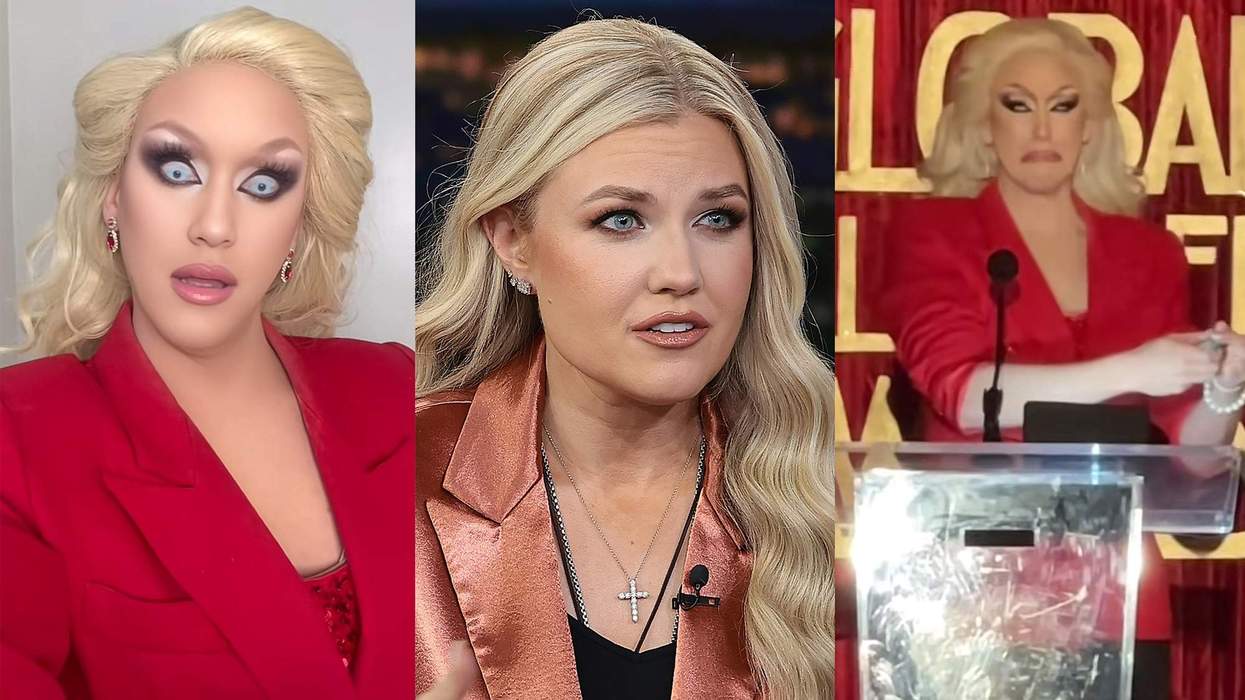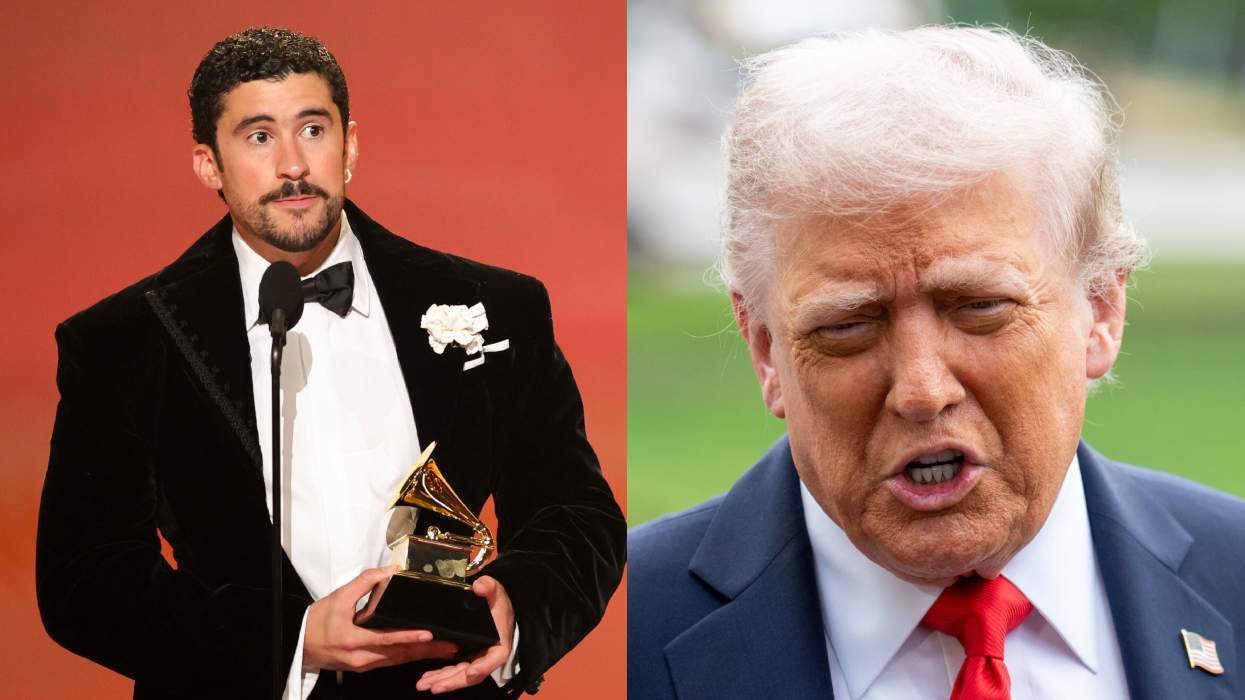Easter Sunday and Passover are upon us. Two of the holiest times of the year on the religious calendar. Most churches and synagogues will be closed -- or at least they should be -- so many Christians and Jews will be celebrating privately or virtually.
There are some churches, megachurches and ultraconservative ones in particular, that are defying the stay-at-home and social distancing recommendations and ordinances. Most vocal about rebelling -- and the one most arrested -- has been the Rev. Tony Spell, who gave what can only be described as a jaw-dropping interview to CNN's Victor Blackwell last weekend.
Spell said the COVID-19 pandemic is "politically motivated," and when asked as a pro-life pastor if he was putting lives at risk, he said, "My response to that is: People's hope is in the house of God. If they do contract the virus, if they have fears of the virus, the church is more essential now than ever to pray with people, to let them know there is ... a physician in Jesus Christ."
I'm sure he also feels like he has a physician in Dr. Donald Trump, since they're both after the same thing -- adulation and money. It's hard to bask in both without a crowd. I don't believe for a minute that Spell's intentions are Christian. For him, it's more about cash and claps than Christ.
This is a difficult time for all of us when it comes to religion, particularly as we watch the horror of lives wrecked by the virus, the untold number of dead, and the lack of proper wakes and funerals. Further, the virus has disrupted and separated many congregations. Millions rely on their Sunday services for a reflective pause, dose of spirituality, and for those perhaps a little less holy, a chance to see and be seen.
For some perspective about faith in the time of disease, I reached out to one of the most prominent LGBTQ faith leaders in the country. Guthrie Graves-Fitzsimmons is a fellow with the Faith and Progressive Policy Initiative at the Center for American Progress. He has said that he is "on a mission to reclaim religion from political conservatives."
My first question to him was about those preachers, like Spell, who alarmingly continue to hold services during the pandemic. "I'm grateful that the vast majority of churches, mosques, synagogues, and other houses of worship are following public health guidance to help flatten the curve of the pandemic," he said. "The fringe pastors who have generated more headlines than they have members are putting their congregants at risk. It makes me sad for the members and is a failure of leadership. Houses of worship should not be exempt from bans on gathering."
Regarding those illegal continuations of in-person services, he validated my suspicion that it's all about the money. "We've seen people use the name of Jesus to serve their own financial and political needs throughout Christian history," he explained. "At the same time, powerful, prophetic movements have been inspired by Jesus' ministry and teaching. The message is that we too often see Christians doing un-Christlike things."
One of the main lessons of religion, or a belief in God, is that of selflessness, and in this era of crisis, the continuation of these services flies in the face of altruism. We're witnessing selflessness in so many other ways and through so many other examples. People like Spell spoil the goodness. Graves-Fitzsimmons explained that Christians are called to be selfless and strive for the common good and that any time someone acts selfishly and harms others, they reject the message of Jesus.
"Houses of worship still meeting in person is a failure of religious leadership. While it may be easy to blame the congregants, we need to see the ways in which these communities have been told to doubt 'mainstream' sources of information for many years," he pointed out. "The blame rests with the religious leaders who manipulate people for their own gain, and with the political leaders that allow houses of worship to gather."
I wondered then about how you balance the two G's: God versus government? We are all aware that the Constitution provides for the separation of church and state, but during the last few decades with Jerry Falwell, Pat Robertson, and now Franklin Graham, we see politics and pews more intertwined. "Religious people shouldn't want government interfering in their faith practices, and the government shouldn't be biased towards any particular religious beliefs," Graves-Fitzsimmons said.
Our government, and in particular politicians, have not only put God in their numerous thoughts-and-prayers sentiments and campaign literature, but these so-called leaders have also excluded science from their rationale. A whopping 130 members of Congress have doubted or denied climate change, for example. In this era of pandemic, with science bumping up against God in some situations, how do you answer the question of God versus science?
God gave us minds to think! Speaker of the House Nancy Pelosi put it best: "For those who say we choose prayer over science, I say science is an answer to our prayers,'" Graves-Fitzsimmons elucidated. And then there's the head of the National Institutes of Health, who is a Christian. He told The Washington Post recently, "Faith leaders ask questions about why. Scientists ask questions about how.'"
I wonder if this might be flipped right now, with scientists asking the why, as in, "Why in God's name are people congregating and putting lives at risk?" The answer always seems to be that going to church is a higher calling. But at what risk? How do you get people to accept an alternative to their weekly in-person religious habits, and more grievously, the solemn traditions of wakes and ecclesiastical memorials?
"Faith communities are doing so much right now to care for people, keep people spiritually connected, and help people mourn the loss of life," Graves-Fitzsimmons said. "We love our neighbor during a pandemic by keeping physical distance from one another. But we don't have to keep spiritual distance. Many faith communities are using creative methods, using online tools for instance, to still meet and carry on their ministries."
For example, Believe Out Loud, a community for LGBTQ people of faith, has organized its first online service for Easter, featuring readings from a diverse group of LGBTQ clergy and a performance by the Gay Men's Chorus of Washington, D.C.
This is what you refer to as leading by ingenuity and example.
I'm a lapsed Catholic, but for some reason, seeing the image of Pope Francis delivering a special message about the coronavirus pandemic, by himself, one evening last week in the middle of a rainy, dark, and lonely St. Peter's Square filled me with hope. It was beautiful, simple and safe - a powerful example that faith leaders, like Spell, should be following.
John Casey is a PR professional and an adjunct professor at Wagner College in New York City, and a frequent columnist for The Advocate. Follow John on Twitter @johntcaseyjr.


